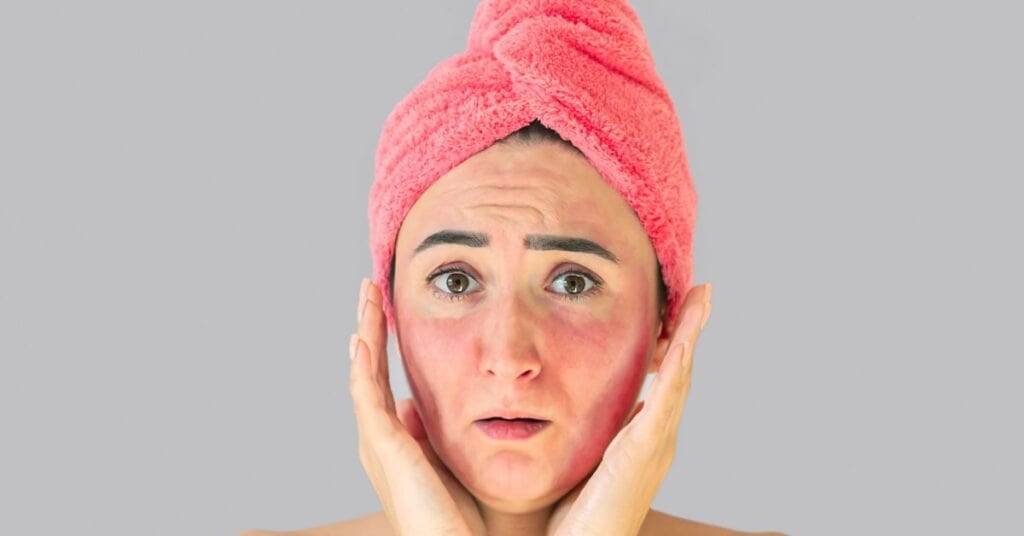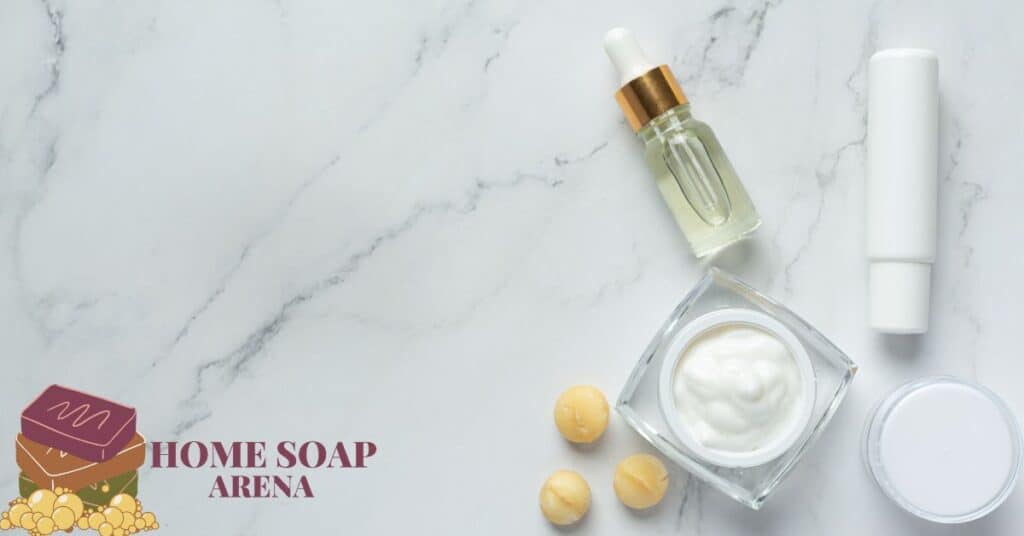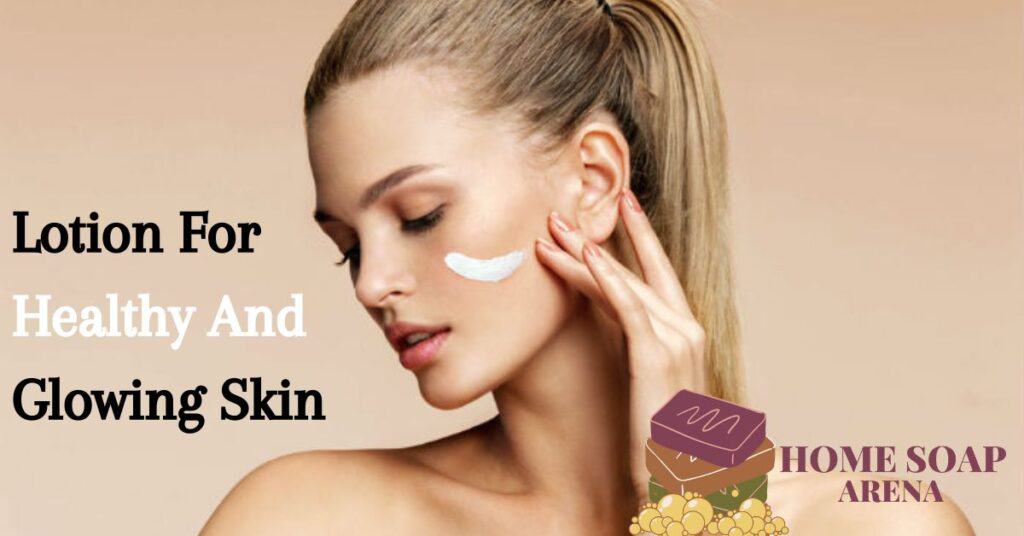Table of Contents
- What Should You Not Put on Sunburn?
- How Do You Heal Sunburn Fast?
- What To Look For In An After-Sun Lotion
- Can I Put Sunscreen On Sunburn?
- Final Thoughts
Will body lotion help sunburn? Yes! Why? It depends. Not all body lotions suit sunburned skin, and some may even worsen the condition.
Sunburn happens by prolonged exposure to ultraviolet (UV) radiation from the sun or artificial source, which damages the skin.
According to the Centers for Disease Control and Prevention (CDC), aloe vera gel, a moisturizing cream, can ease and heal sunburn faster.
However, it is vital to use the correct type of after-sun lotion, as some may cause further irritation.
In this article, we’ll discuss how to heal, prevent, and manage sunburn. Let’s start.
What Should You Not Put on Sunburn?
After a sunburn, avoid lotions containing petroleum jelly, butter, alcohol, menthol or camphor and oil products.
These can clog pores and trap the heat and sweat so that you still feel hot, thereby leading to infection and preventing healing.
Do not put ice or ice packs directly on your sunburned skin.
You might think this will help, but you can make matters worse by causing intense vasoconstriction.
Vasoconstriction is where blood vessels narrow sharply, and they can cut off the local blood supply to the already damaged skin when ice is applied to sunburned skin.
Don’t pop any blisters to prevent infection. Don’t scratch or try to remove peeling skin because this will irritate things further.
Blisters are a natural way of protecting your skin from infection and promoting healing. Peeling skin is a sign of recovery and should be left alone.
Don’t wear tight-fitting clothes over sunburned skin. These can rub against your skin and cause more pain and discomfort.
They can also prevent air circulation and slow down healing. Wear loose-fitting clothes made of natural fabrics that are breathable and gentle on your skin.
I can’t stress enough that taking precautions against sunburn is crucial Because even one episode of bad sunburn can increase your risk of skin cancer in the future.
Always use high-SPF sunscreen, cover up with long sleeves, sunglasses, and headgear and don’t forget the top of your ears, the back of your neck, and the top of your feet when applying sunscreen.
Stay out of the sun between peak hours at 10 am and 3 pm. Sometimes, I get questions like Is lotion or gel better for sunburn?
There is no definitive answer to this question, as both types of products can have benefits and drawbacks depending on their ingredients and formulation.
When treating sunburn, moisturizer is one of the products you must apply.
Some moisturizers come in lotion form, but as earlier stated, use moisturizers high in aloe vera with a SPF30 or higher.
How Do You Heal Sunburn Fast?
If you do get sunburned, there are some things you can do to ease the discomfort and promote healing faster.
However, there are also some things you should avoid putting on your sunburned skin, as they can make it worse or cause complications.
A 2015 review in the Journal of Traditional and Complementary Medicine notes that aloe vera gel can promote the healing of skin burns, achieving results more quicker
Get out of the sun as soon as possible, and cover your sunburned skin from direct sunlight until it heals. The longer you spend in the sun, the worse it will be.
Cool your skin with a cold shower bath, and gently pat your body dry, leaving a bit of water on the skin.
If it’s a child, try not to get too cold because they can’t regulate their body temperature as adults.
Apply a moisturizing lotion or cream to your skin to help trap the water in your skin, which will help ease the dryness.
Look for products that contain aloe vera, which has soothing and anti-inflammatory properties.
Then, go in with an aloe vera sunscreen, which contains a compound called alanine, which helps reduce inflammation.
You can also use hydrocortisone cream to reduce swelling and itching.
Drink plenty of water to stay hydrated and prevent dehydration.
The reason for this is Sunburn draws fluid from the surface and away from the rest of the body.
Now, drinking a lot of water when you sunburn prevents dehydration.
If you are in a lot of pain, consider taking over-the-counter painkillers like paracetamol, known as Tylenol or ibuprofen in the US.
Always read the instructions on the drugs before taking them, including any side effects.
Cover the sunburned skin from direct sunlight until the skin is fully healed. Don’t be tempted to go into the sun the next day.
Tightly woven fabrics work best.
What I mean by this is when you hold up the fabric to a bright light, you shouldn’t see any light coming through.
Seek professional care if you have severe sunburn, blisters, signs of infection, or symptoms of heat exhaustion or heatstroke.
These include fever, nausea, vomiting, confusion, fainting, and rapid heartbeat.
What To Look For In An After-Sun Lotion
After staying or walking in the sun for a prolonged period, it’s crucial first to take a shower when you get back home and then moisturize your body.
The most effective way of preventing skin irritation, dryness, cracking, or sunburn is by avoiding excessive or prolonged exposure to the sun.
After-sun products are commonly in the form of lotions, gels or sprays.
High in humectants: Lightweight hydrating ingredients like aloe, glycerin and hyaluronic acid work to draw water into your skin, restoring moisture levels.
To avoid further damage to the sunburnt skin, avoid using products with high levels of occlusive oils like mineral oil until your skin cools down.
Also, it is essential to note that silicones do not have moisturizing properties. They simply leave a film on the surface of your skin.
Hence, it is best to use products that are low in silicones for optimal skin care.
Moreover, This can be problematic in acne-prone areas since they can trap pore-clogging debris.
It’s best to back off oils high in polyunsaturated fatty acids (PUFAs) during and after UV exposure since they produce toxic free radicals when oxidized by radiation.
Low in fragrance: Whether synthetic or natural, fragrance ingredients (including essential oils) are common irritants.
However, they typically cause fewer problems for the body than for the face.
Avoid potentially irritating active ingredients like retinol and chemical exfoliants like alpha hydroxy acids (AHAs) and beta hydroxy acids (BHAs)
I like after-sun products high in anti-inflammatory properties, including Aloe, Arnica, Propolis, Centella Asiatica, colloidal oat, allantoin, panthenol, camellia sinensis (green tea extract) and bisabolol (chamomile).
Aloe is also known for its ability to retain moisture, promote wound healing, and protect against radiation damage.
When it comes to repairing your skin after exposure to the sun, it’s vital to seek out antioxidants.
Antioxidants like green tea, Centella Asiatica, niacinamide, vitamin C, caffeine, and algae can help.
Among these, niacinamide is my favorite because it not only repairs DNA damage caused by radiation but also helps to prevent skin cancer and treat signs of aging such as pigmentation.
Can I Put Sunscreen On Sunburn?
Sunscreen doesn’t help heal sunburns and may actually irritate the skin further if applied too soon.
Its primary purpose is to prevent sunburns, not treat them. To ensure that you’re using sunscreen correctly, here are some helpful tips:
- Apply sunscreen at least 15 minutes before going outside, and reapply it every two hours or more often if you sweat or swim.
- Use sunscreen with at least SPF 30 and broad-spectrum protection, which means it blocks both UVA and UVB rays.
- Use enough sunscreen to cover all exposed areas of your skin, and don’t forget places like your ears.
- Choose a sunscreen that is water-resistant, fragrance-free, and hypoallergenic, especially if you have sensitive skin or allergies.
- Avoid using expired sunscreen, as it may lose its effectiveness and cause skin reactions.
If you have sunburn, You should also avoid further sun exposure until the sunburn heals completely.
For severe sunburn that is blistered or infected, you should seek medical attention as soon as possible.
Final Thoughts
Body lotion can help sunburn, but only if you choose the right one and use it correctly.
Body lotion can help soothe, hydrate, and protect your skin from further damage, but it cannot reverse the effects of sunburn or prevent skin cancer.
Therefore, it is best to avoid sunburn in the first place by using sunscreen, wearing protective clothing, and avoiding sun exposure during peak hours.



